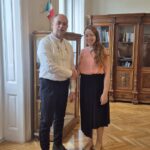 Harry Tallarita, Secretary-General of the Global Intergovernmental Organization CNU, meets with the Italian Embassy in Budapest. On the table: human rights, local economic revival, training, and a cultural bridge between Sicilian and Hungarian runes.
Harry Tallarita, Secretary-General of the Global Intergovernmental Organization CNU, meets with the Italian Embassy in Budapest. On the table: human rights, local economic revival, training, and a cultural bridge between Sicilian and Hungarian runes.
BUDAPEST – A diplomacy that doesn’t seek the spotlight but delivers results. A humanitarian network that doesn’t promise, but acts. An international organization that speaks with embassies and works with people. This is the CNU.
At the heart of Budapest, in the Italian Embassy in Hungary, a meeting took place that was both discreet and rich in meaning between First Secretary Nicole Spada and the CNU Secretary-General, Harry Tallarita. The focus was not only the strengthening of relations between the Italian diplomatic mission and the intergovernmental organization CNU, but also a series of concrete proposals involving training, ecology, local economy, and cultural heritage, all centered around a municipality near Lake Balaton, an area affected by rural depopulation.
Attention: An Organization Outside the Conventional Mold
Founded on Italian soil, the Confederation of the United Human Nation (CNU) today operates in 56 countries with an active network of over 1,200,000 Human Rights Defenders. But one surprising detail stands out: no use of social media, no advertising, no emotional marketing. Only results, facts, and field reports. As Tallarita points out: “We prefer silent, concrete work to noise for its own sake.”
It’s an unconventional philosophy—but an effective one. The CNU is present in critical international contexts, participates in post-disaster recovery efforts alongside institutions like VAB (a founding entity of Italy’s Civil Protection system), and coordinates missions that often go unnoticed by the media but leave a mark on history.
Interest: When Humanitarian Diplomacy Gets to Work
During the Embassy meeting, three flagship projects emerged:
-
A training center for Human Rights Defenders, to promote equality and civic participation.
-
An “Environmental Sentinels” program, developed in partnership with local authorities and VAB, aimed at ecological prevention and monitoring.
-
A project to revive the local micro-economy, based on a participatory, human-centered model already underway in Italy and Senegal.
“Our goal,” says Tallarita, “is not to export capital, but knowledge and a shared sense of responsibility.”
Desire: A Story That Builds Trust
Institutional trust is the foundation of the proposed collaboration with the Italian Embassy. Moral patronage, along with the involvement of local Italian associations (including the Friulian community), would embody the values shared between Italy and CNU on the global stage.
The CNU’s ability to handle complex diplomatic scenarios was also demonstrated recently in Costa Rica, where a German citizen, victim of abuse and unlawful confinement by her American partner, reached out to the local CNU Mission Chief. A coordinated diplomatic effort was launched, involving the German and U.S. embassies and Costa Rican authorities. Initially stalled, the legal case was revived thanks to CNU’s support. The President of Costa Rica himself expressed appreciation for the organization’s active presence in his country.
Action: The Future Between Runes, History, and Cultural Diplomacy
A fascinating detail arose during the meeting with First Secretary Spada, sparking a new idea: a joint cultural laboratory on Sicilian and Hungarian runes, ancient symbolic scripts that speak to a shared heritage of migration, conquest, and resilience. Both Hungary and Sicily were once under Ottoman rule—parallel histories worth exploring.
“It’s from small sparks like this that great cultural dialogue can be born,” says Tallarita, referencing CNU’s “Wisdom Heritage” department, which promotes intercultural diplomacy.
Conclusion
The meeting between CNU and the Italian Embassy in Hungary is more than a formality: it is an act of vision and collective responsibility, a model of cooperation that blends operational pragmatism with deep ethical commitment.
Because where the media can’t reach, the quiet strength of action can.
By Giuseppe Filippi
Independent Journalist – Expert in Strategic Communication and Humanitarian Diplomacy
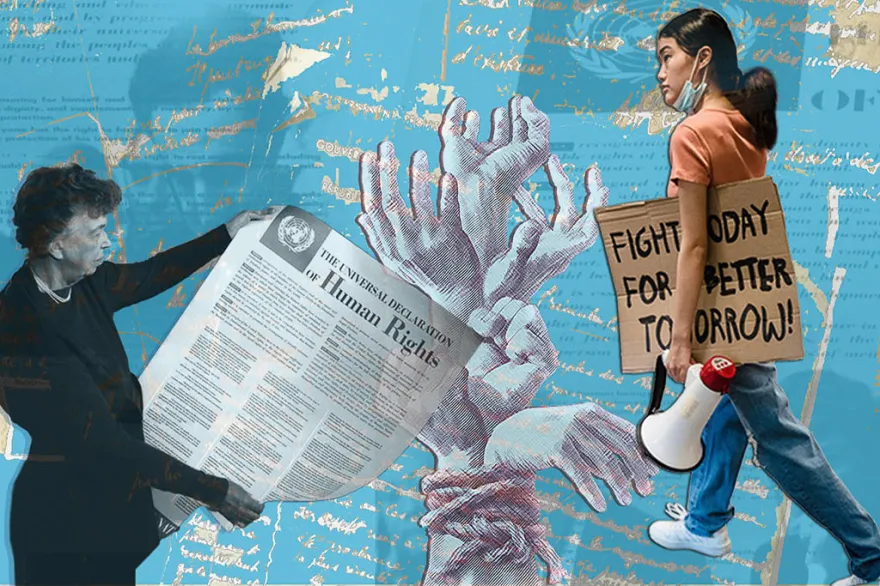
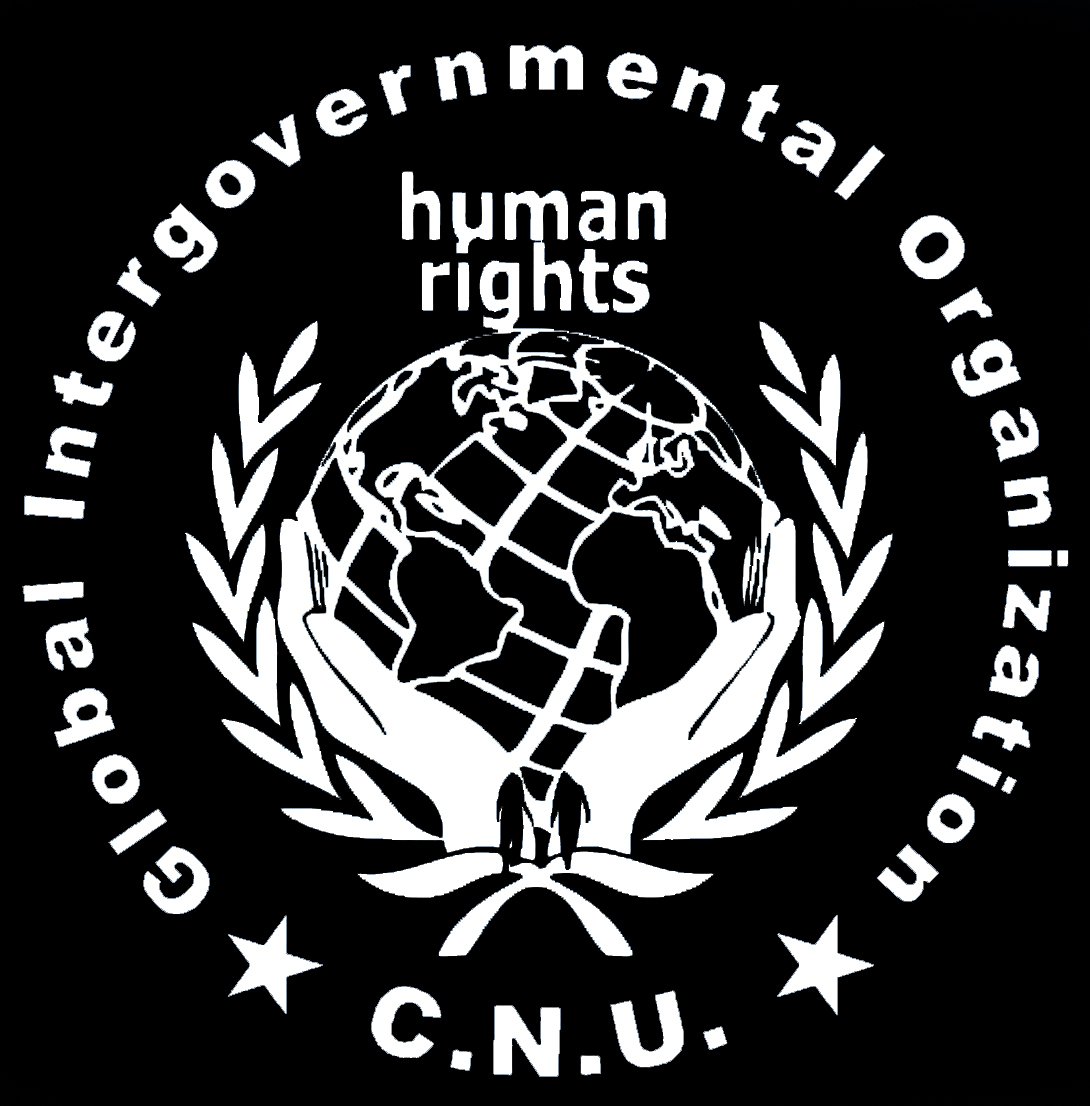
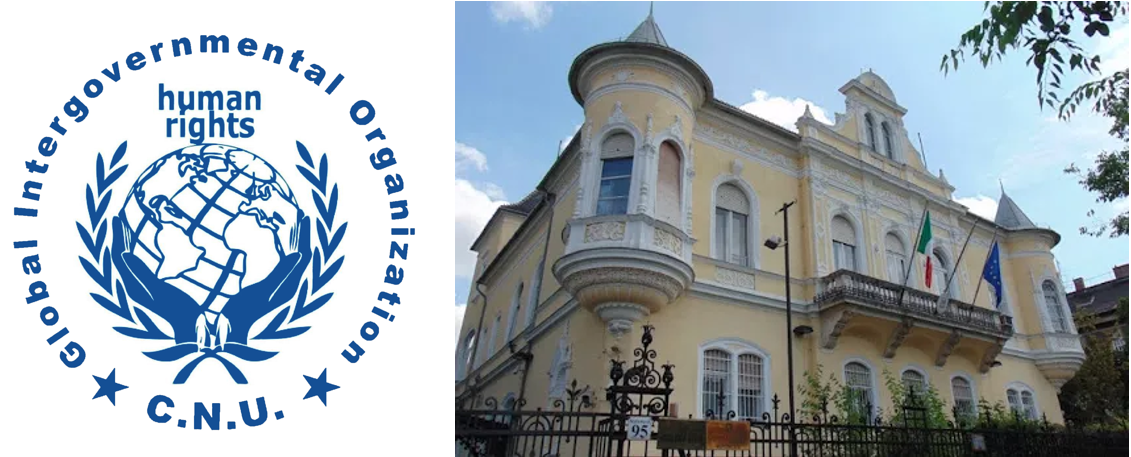
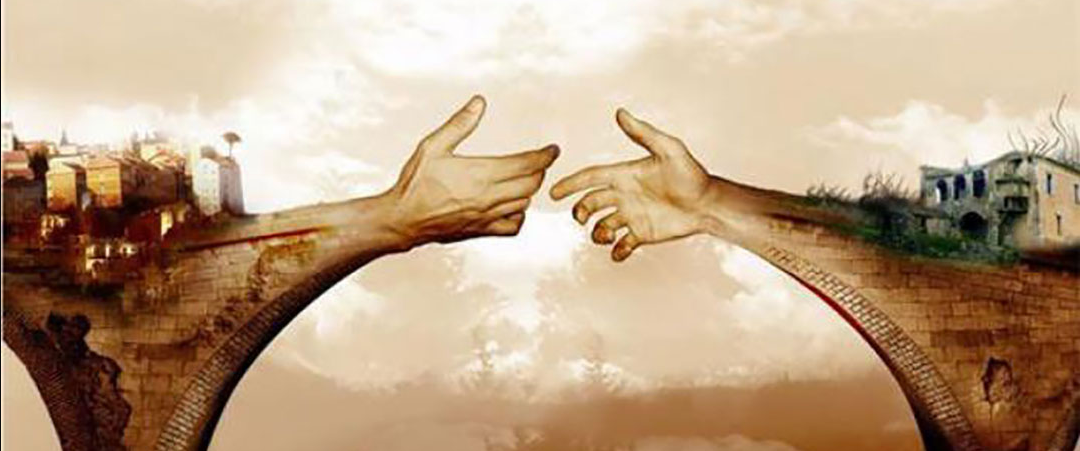


Lascia un commento
Devi essere connesso per inviare un commento.